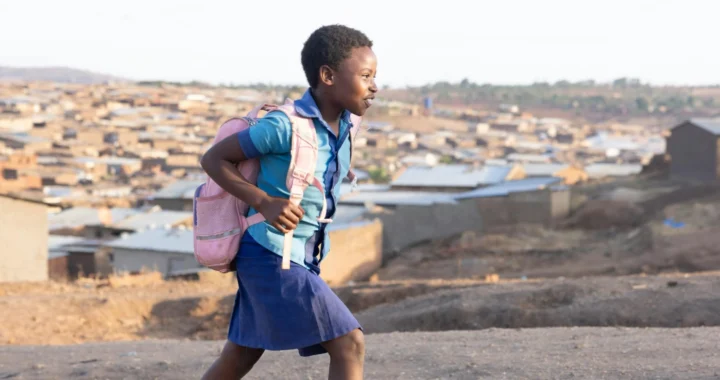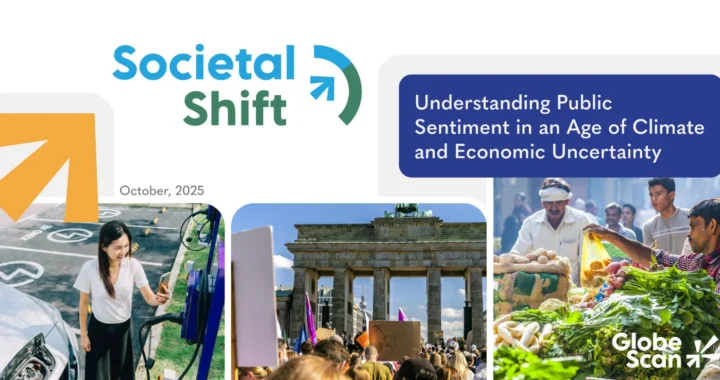Building Inclusive Support Systems for People with Bipolar Disorder

Photo: Freepik.
Too often, mental health initiatives unintentionally leave out those who need help the most. Although well-meant, those efforts may end up hindering support for the very ones they should be helping, including people with bipolar disorder. Supporting people with bipolar disorder means going beyond awareness campaigns. Real inclusion comes from building systems that reflect the complexity of lived experience.
Understanding Bipolar Disorder
Bipolar disorder, also known as manic-depressive illness, causes intense shifts in mood, energy, and activity, impacting daily life. The WHO estimates that 40 million people globally lived with this condition in 2019.
The WHO further explains that bipolar disorder is among the leading causes of disability globally. People with bipolar disorder have a higher risk of developing anxiety and substance abuse. All in all, their condition may lead to behaviors that strain their relationships, interfere with daily activities like school and work, and even cause death. This underscores the importance of inclusive awareness and care interventions.
While the medical lens sees this condition as an illness needing treatments, there is also the neurodiversity view that offers a new perspective and sees it as a natural cognitive variation. Both perspectives need to coexist for inclusive and meaningful care to develop.
Moving Beyond Stigma
Unfortunately, bipolar disorder is still often misunderstood as an overreaction or a spiritual weakness, especially in many Asian countries. This stigma labels people as dangerous or unstable, leading to ineffective and alienating awareness campaigns and care interventions.
Furthermore, awareness campaigns often grab attention, but what happens after the spotlight fades?
The lack of access to healthcare services proves to be a challenge. In Southeast Asia, for instance, four out of five people experience difficulties in accessing mental health services due to limited infrastructure, high costs, and a shortage of professionals. These barriers disproportionately affect people with bipolar disorder, who need constant care, accurate diagnosis, and supportive environments.
Despite its challenges, bipolar disorder is often linked with creativity and resilience. Vincent van Gogh’s legacy, whose birthday coincides with World Bipolar Day, for example, underscores how neurodivergent perspectives can reshape art and culture. This offers a point of positivity that should also be considered when building an inclusive support system.
Steps Toward Meaningful Inclusion
Strengthening support for people with bipolar disorder requires improved efforts in at least three aspects: systems, communities, and language.
Systemically, expanding access to mental health services is crucial. The WHO South-East Asia Region has emphasized the importance of integrating mental health care into primary care systems to ensure equitable access and reduce treatment gaps. Governments must prioritize funding, improve access, and reform how mental health is taught and discussed.
At the same time, community-based programs, peer support networks, and accessible treatment options are key. For example, Indonesia has the Bipolar Care Indonesia community, whose works support people with bipolar disorder and their caregivers.
Real inclusion can also start by centering the voices of those affected and honoring their autonomy to define their narratives. In Vietnam, for instance, several prominent figures have openly shared their mental health challenges and how they navigate them through music and art. They help foster important discussions within the entertainment industry and beyond. Meanwhile, media must stop sensationalizing manic episodes and start reporting with nuance and respect.
Support means listening. Support means changing systems. And support means ensuring that people with bipolar disorder are not just seen, but respected and empowered.
Editors: Nazalea Kusuma & Kresentia Madina

Join Green Network Asia Membership
Amidst today’s increasingly complex global challenges, equipping yourself, team, and communities with interdisciplinary and cross-sectoral insights on sustainability-related issues and sustainable development is no longer optional — it is a strategic necessity to stay ahead and stay relevant.
Join Now

 Reflecting on Our Understanding of Disaster
Reflecting on Our Understanding of Disaster  How Middle Managers Can Become the Bridge of Corporate Sustainability
How Middle Managers Can Become the Bridge of Corporate Sustainability  Racing with the Rapid Glacier Loss Globally
Racing with the Rapid Glacier Loss Globally  Understanding the Impacts of Rising Temperatures on Early Childhood Development
Understanding the Impacts of Rising Temperatures on Early Childhood Development  Closing the Sacrifice Gap: Mainstreaming Climate Behavior for Meaningful Change
Closing the Sacrifice Gap: Mainstreaming Climate Behavior for Meaningful Change  Addressing the Elephant in the Forest: The Necessity of Disaster Recovery Plans for Wildlife
Addressing the Elephant in the Forest: The Necessity of Disaster Recovery Plans for Wildlife